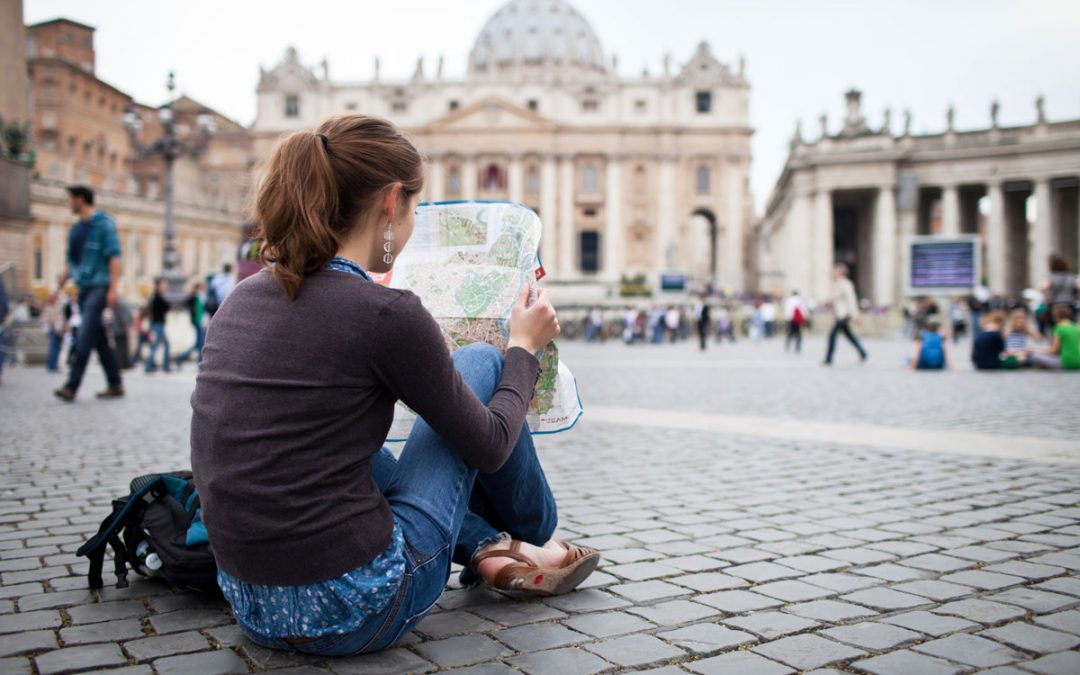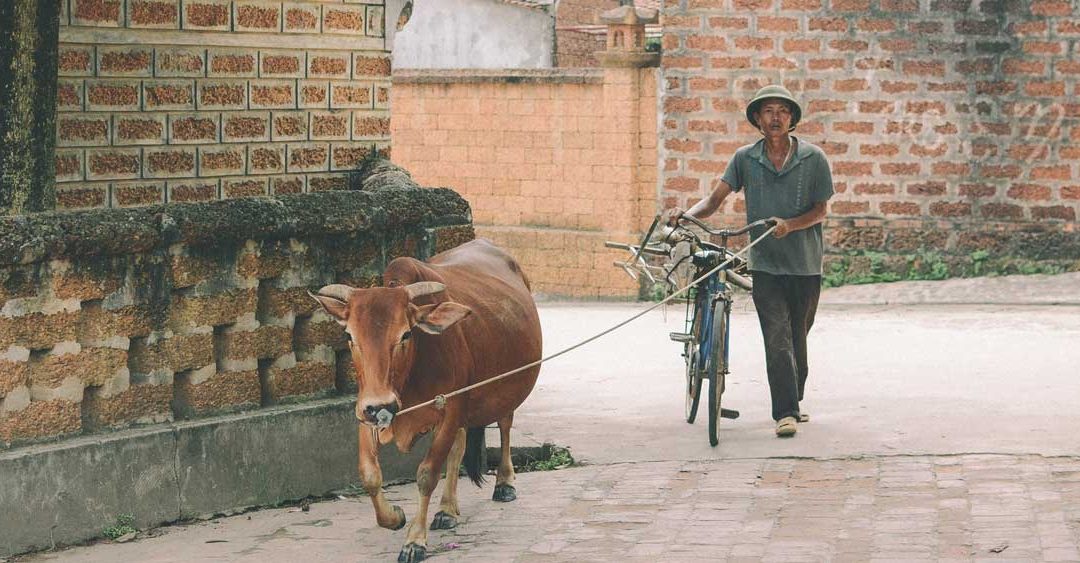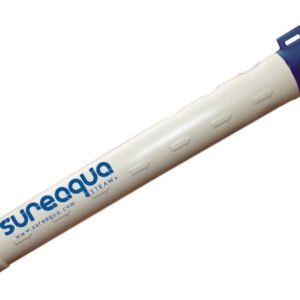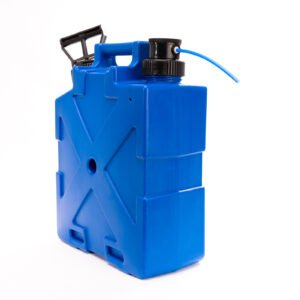
How to choose the right Travel Insurance for the Next Vacation
Travel Insurance a necessary cost when going on Vacation
When choosing the right travel insurance for yourself, there are many questions that you need to ask, and these questions will change depending on the location and the purpose of the trip, time away, etc.
For example, a policy that is suitable for domestic travel within Australia (when you are an Australian citizen) is covered by Medicare. The travel insurance will not be the same policy that you need for overseas travel for business when taking your laptop and other expensive electronic items. You need to be aware of these differences and read all the fine print, particularly when buying your policy online and not through your travel agent or directly from the Insurer.
What do most Vacation Travel policies?
You would expect most policies will cover you for;
- Late cancellation of your hotel and airfare – if an immediate family member is suddenly ill.
- Your medical expenses while away – though there may be limits
- Lost luggage and personal effects. – not all – for experience- they wanted the receipts for everything.
- Legal costs if you are involved in an accident
Don’t ASSUME! Insurance companies often have lots of get-out jail clauses for none-payment. They cannot be trusted.
READ THE FINE PRINT
Not all of these clauses are standard, and you must always read the fine print to ensure that you are purchasing the right policy for you.
What should I consider in Travel Insurance?
Some critical questions to ask;
- Do you qualify for cancellation coverage, hotels, and airfares?
- Do you qualify for medical expenses that suit your personal conditions, or family history, and recent medical history at the time of travel?
- Will you receive full compensation for lost/stolen luggage? – What’s in your luggage that might need to be itemized and provide receipts (electronics, sporting equipment, jewelry, etc.)
- Are you covered for legal costs if you become involved in an incident/accident that may result in the injury of another party?
- What holiday activities will be not covered, like hot-air ballooning, downhill skiing, or biking
- How much travel will you be doing in the calendar year? Would it be more cost-effective to purchase a policy covering you for multiple trips?
- The policy for my needs overall – for example, there are policies available for Backpacking over general travel, with family, international, long-term travel are some examples.
- How easy is it to process a claim and recoup your out-of-pocket expenses?
- What documentation do I need for a claim, what receipts/reporting (medical) are needed? These are always easier to get at the time – not when you’re back home!!
Always read the entire policy and then reread it.
I hope that you find this helpful.





